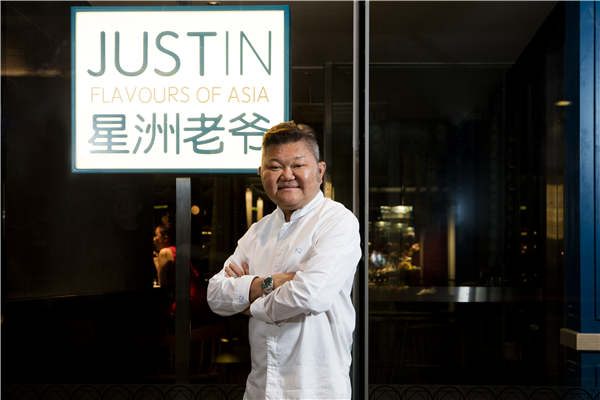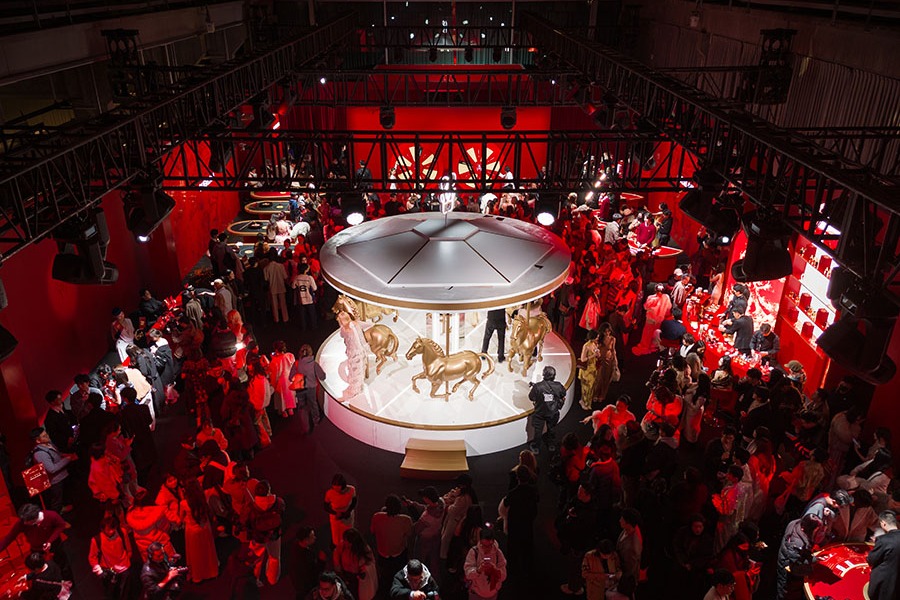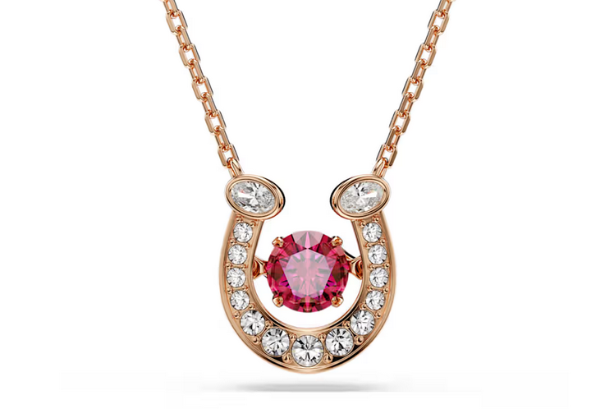Double taste


"My professional background is French but my palate tells me I'm Asian. I take both cultures and combine," says Quek. Having been in this career for 30 years, he says he has now acquired the culinary know-how of the East and the West.
"Chinese cooking is special. The Chinese are very good at steaming, very good at marinating, and very good with the wok," he says.
"European ingredients are good, and their techniques are simpler," he adds.
The chef also notes another cultural difference: "In Western culture, food is never boiling hot, 80 degrees centigrade is fine. In a French restaurant, a soup can never be too hot. But in a Hong Kong restaurant, people enjoy slurping soup that is so hot it burns the tongue," he says.
"So when serving European fare in my restaurants in Singapore and in Beijing, it is usually served a bit hotter," he says.
In the global restaurant scene, one success that Quek says he is happy to see happening is that the status of Chinese cuisines and restaurants has greatly been elevated over the past 40 years. He says that Chinese food is no longer thought of being just sweet-and-sour, cheap and inferior.
"This is particular notable as you see a host of Asian restaurants corporations are heading to the West, such as Din Tai Fung," he says.
Back in Singapore, he is taking care of a new fine-dining restaurant that has been opened for four months at the iconic Marina Bay Sands. There, a new level of Chinese food is presented with the panache and savoir faire of European-style fine dining under the restaurant's name - Chinoiserie, a name evocative of Quek's Chinese Teochew roots and his professional French culinary background.
- Bake off: Celebrity chef on pastries, China and much more
- Executive Chef Leo Liang brings authentic Cantonese flavor to the Ritz-Carlton
- Chinese restaurateur breaks Japanese cuisine stereotypes
- New culinary experiences unveiled at Ritz-Carlton Shanghai
- Chinese gourmet festival attracts foodies in Sydney




































